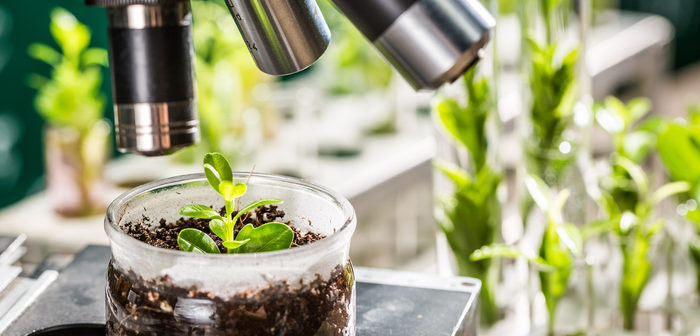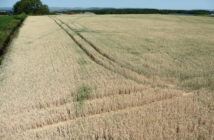The Government has announced new plans to unlock the power of gene editing to help farmers grow more resilient, nutritious, and productive crops. The British Society of Plant Breeders (BSPB) chief executive Samantha Brooke commented on the Defra announcement saying: “This is the most significant policy breakthrough in UK plant breeding for more than 20 years. We welcome confirmation that Defra will adopt a more scientific and proportionate approach to the regulation of genetic technologies such as gene editing.”
It is hoped that changing the way new agricultural breeding technologies are regulated, by differentiating gene editing from the genetically modified organism (GMO) rules, will provide plant breeders with greater research and innovation freedoms. “This will help to develop healthier, more nutritious food, and make farming systems more sustainable in the face of climate change,” says Ms Brooke.
In a ‘two step’ approach, the Government plans to first ease the burden on developers undertaking research involving plants developed using genetic technologies, such as gene editing. “This will help to free up the gene editing of plants which will enable vital research and development to thrive,” she says.
The second policy change will exclude organisms with genetic changes that occur naturally or through traditional breeding. “Developing an improved crop variety using conventional breeding to improve its yield, nutritional quality, or resistance to disease can take up to 15 years. However, gene editing can help reduce that timescale significantly. This is why this change in legislation is so important.”
The proposed shift in policy recognises the scientific benefits of gene editing and its contribution to UK and global food production. “This sends a clear signal that the UK is set on a more pro-innovation trajectory. It will certainly boost prospects for plant breeding companies large and small, as well as scientists in the public sector, to continue improving our food crops for the benefit of society and the environment.”
The National Listing system of plant variety registration only allows new food crops to be approved that offer in-field performance and food quality characteristics improvements. This involves extensive testing of new varieties which supports safer and more sustainable food production. “This tried and tested regulatory system can also embrace new varieties produced using gene editing techniques, which replicate what plant breeders are already doing, but in a much quicker and more targeted way.”
The BSPB will now work with Defra and the Government’s regulatory agencies to promote and facilitate the potential benefits of gene editing. “This will help UK farmers grow more
nutritious and resilient crops, and deliver on our climate change and biodiversity goals,” concludes Ms Brooke.




